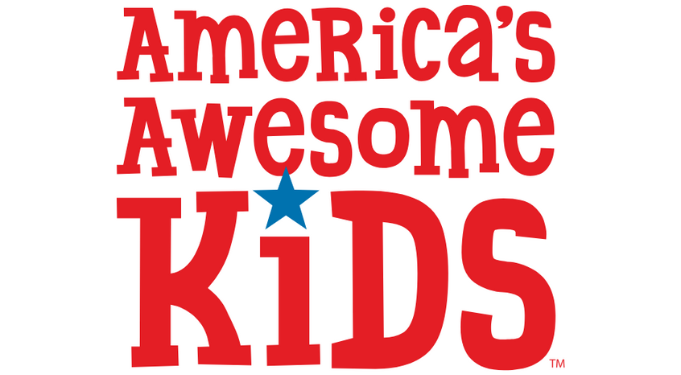The U.S. Senate Committee on Environment and Public Works had a hearing Thursday in Washington that focused on improving chemical safety. Committee members heard about the recent water crisis in the Kanawha Valley from a West Virginia expert.
Panelists included representatives from the Environmental Protection Agency and the United States Chemical Safety Board as well as authorities from communities that have witnessed recent chemical strife.
Evan Hansen, president of the Morgantown-based environmental consulting firm Downstream Strategies, spoke about the water crisis in West Virginia where a chemical leak into the Elk River recently polluted the drinking water of some 300,000 residents in the Kanawha Valley.
Hansen made some recommendations:
- Spill Prevention, Control, and Counter (SPCC) measures as they exist for oil containment, should be extended to chemical storage facilities.
- Develop safe drinking water laws. Public water systems should create protection plans, and both the assessment reports and the protection plans should be periodically updated as well as accessible to all downstream water systems.
- Make individual National Pollutant Discharge Elimination System (NPDES) permits for chemical facilities mandatory within zones of critical concern (above drinking water intakes).
Hansen also took advantage of the opportunity to point out that weaknesses in enforcement undermine any meaningful regulations.
Chairwoman Barbara Boxer—a democrat from California—stressed the importance of new legislation in the process of being drafted, saying that a bill to address new chemical concerns brought to light by the chemical spill in West Virginia was forthcoming.























